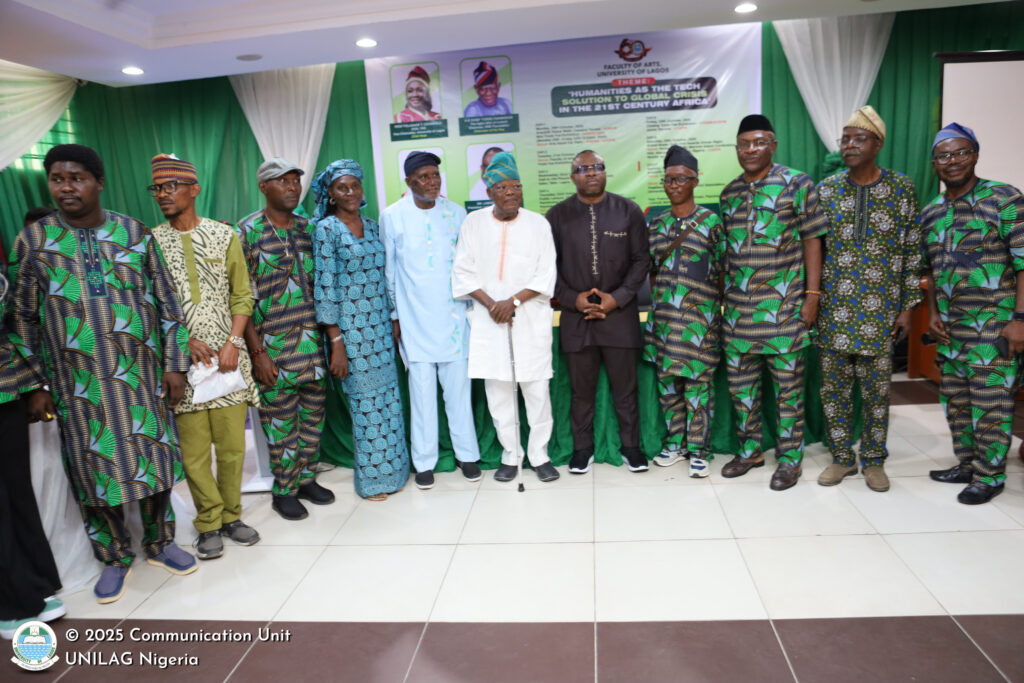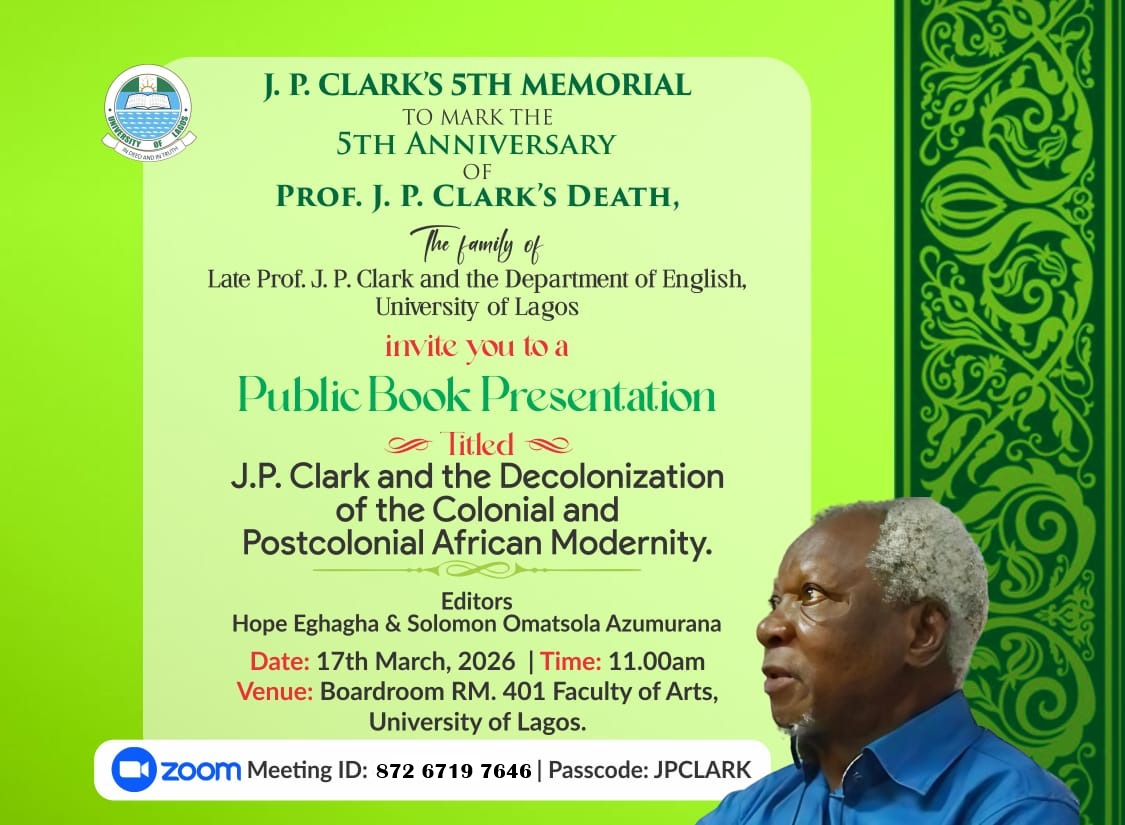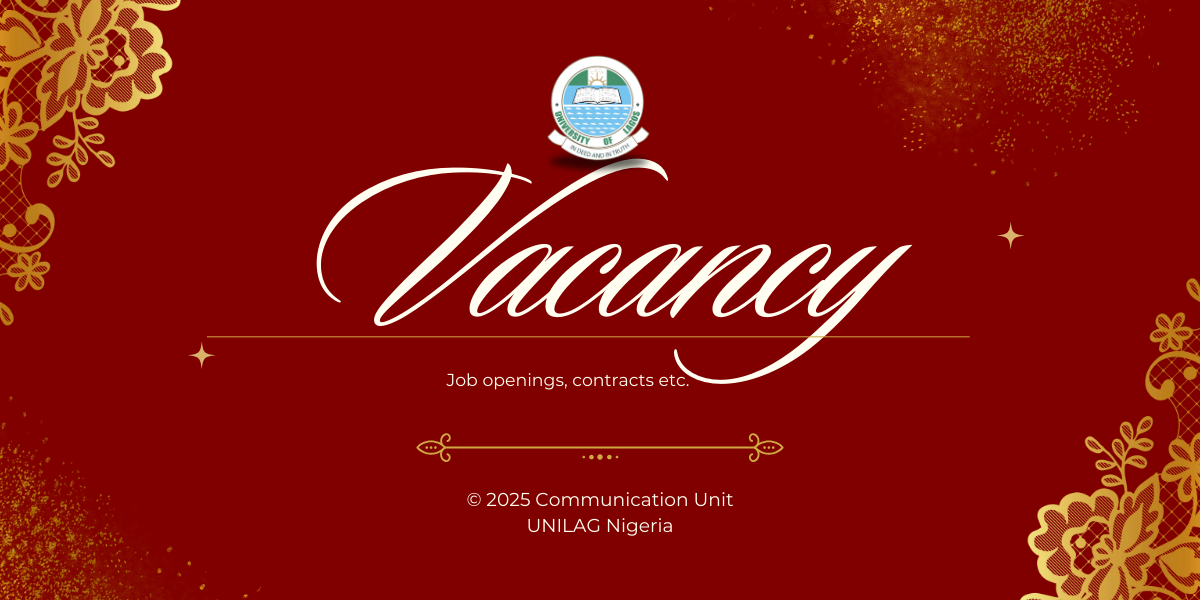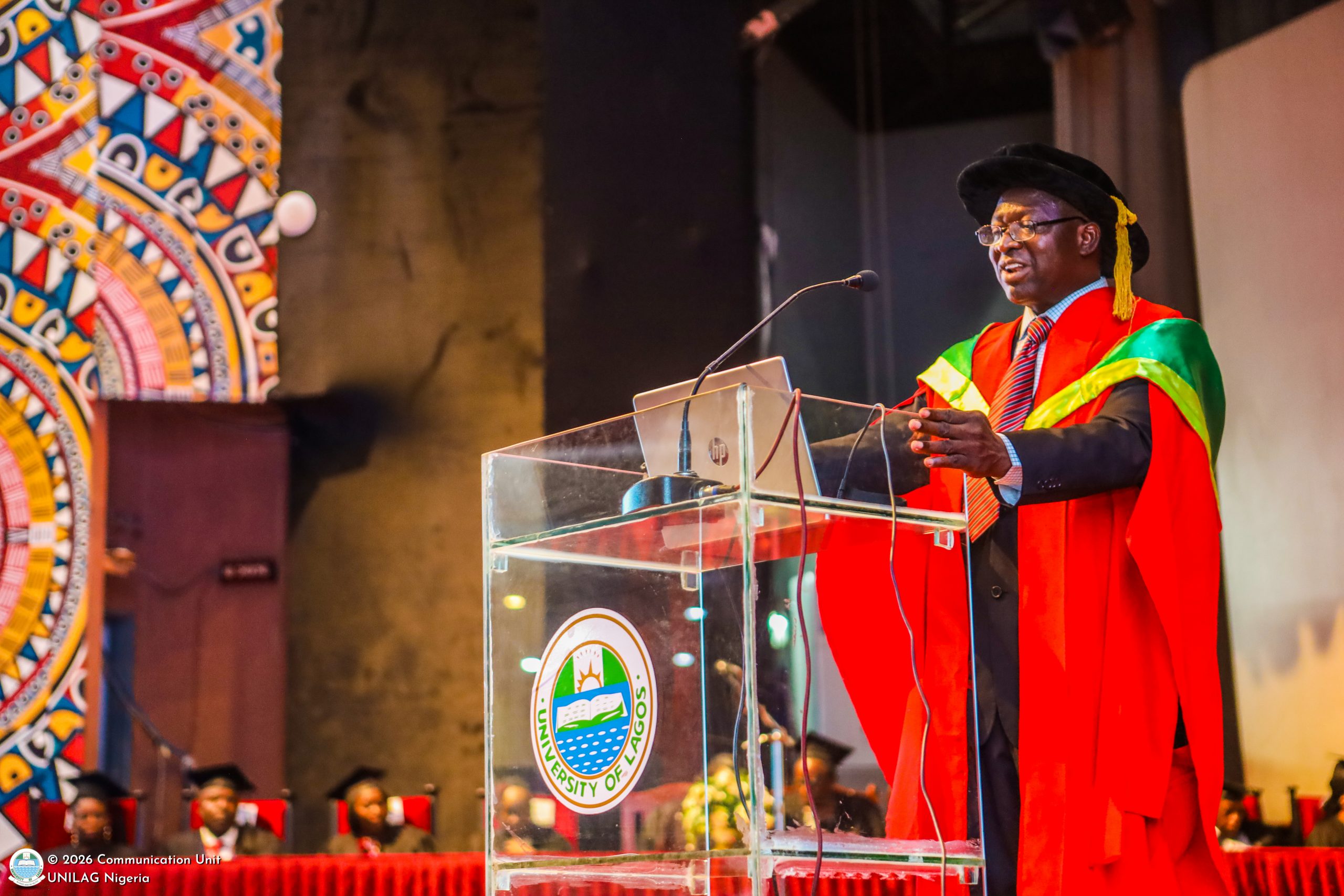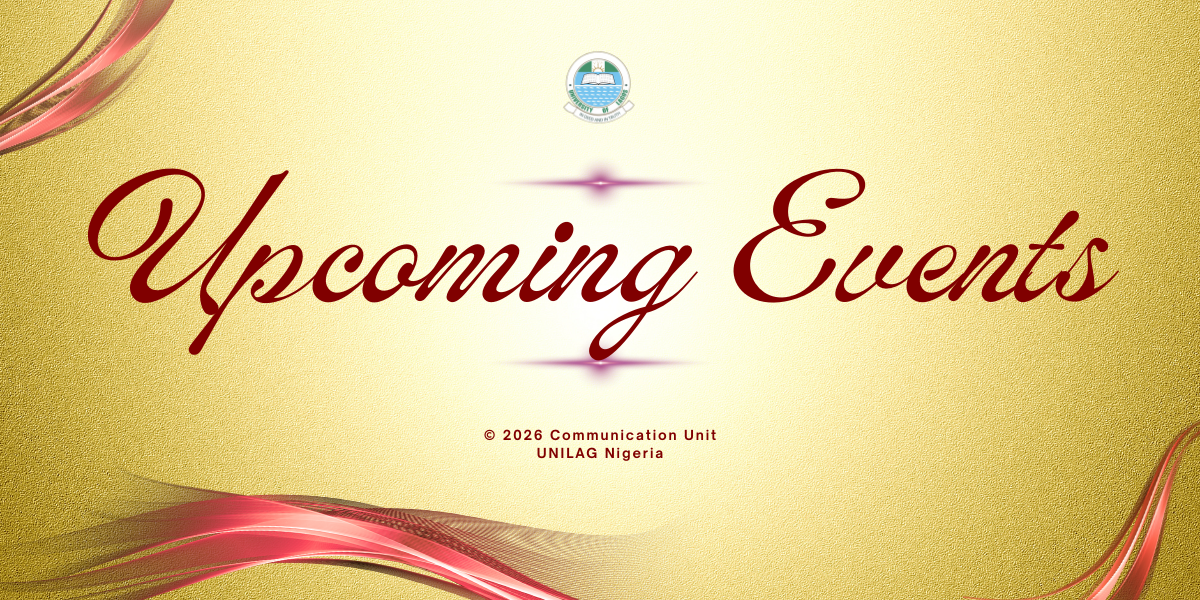The Faculty of Arts, University of Lagos, on Thursday, October 23, 2025, marked its 60th anniversary with a stirring call to reaffirm the Humanities as the conscience of education and society.
Held at the Faculty of Arts Boardroom, the commemorative public lecture, organised by the Faculty’s Alumni Association, brought together distinguished scholars, alumni, students, and friends of the faculty to celebrate six decades of academic excellence, cultural impact, and moral leadership.
Humanities as the soul of society and civilisation
Delivering the Keynote Address titled, “Humanities as the Tech Solution to Global Crisis in 21st Century Africa”, Dr. LaBode Obanor, a multi-talented social justice advocate, lawyer, finance expert, and public policy scholar based in New Jersey, urged African institutions to reclaim education as a force for conscience, compassion, and civic renewal.
“A nation cannot innovate its way out of injustice, nor can we automate our way out of inequality. True progress begins when knowledge learns to serve compassion,” Dr. Obanor declared to resounding applause.
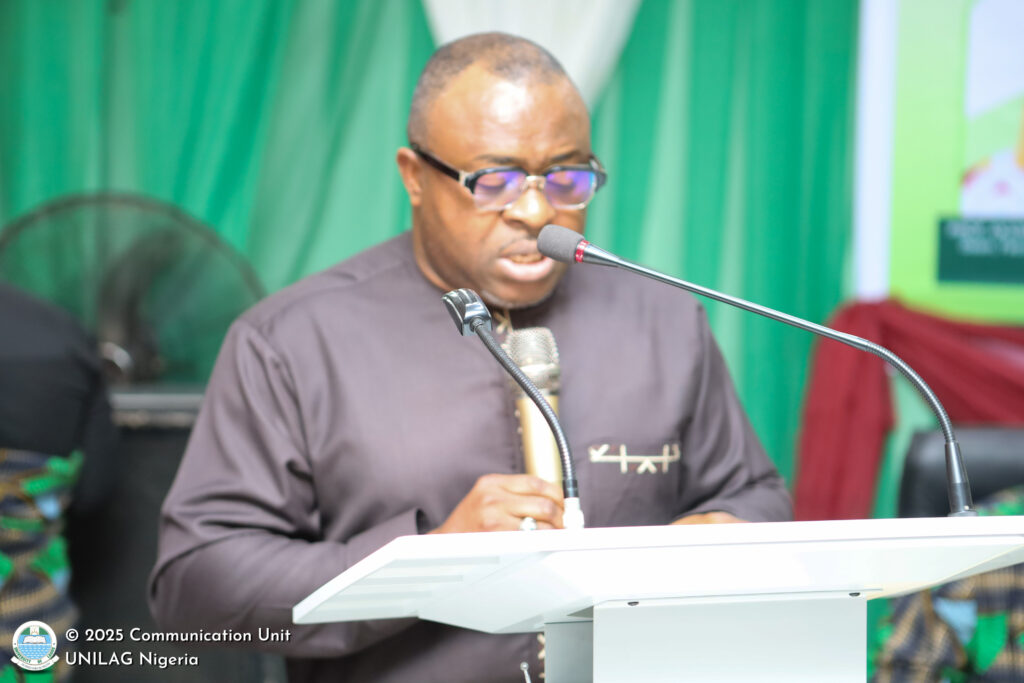
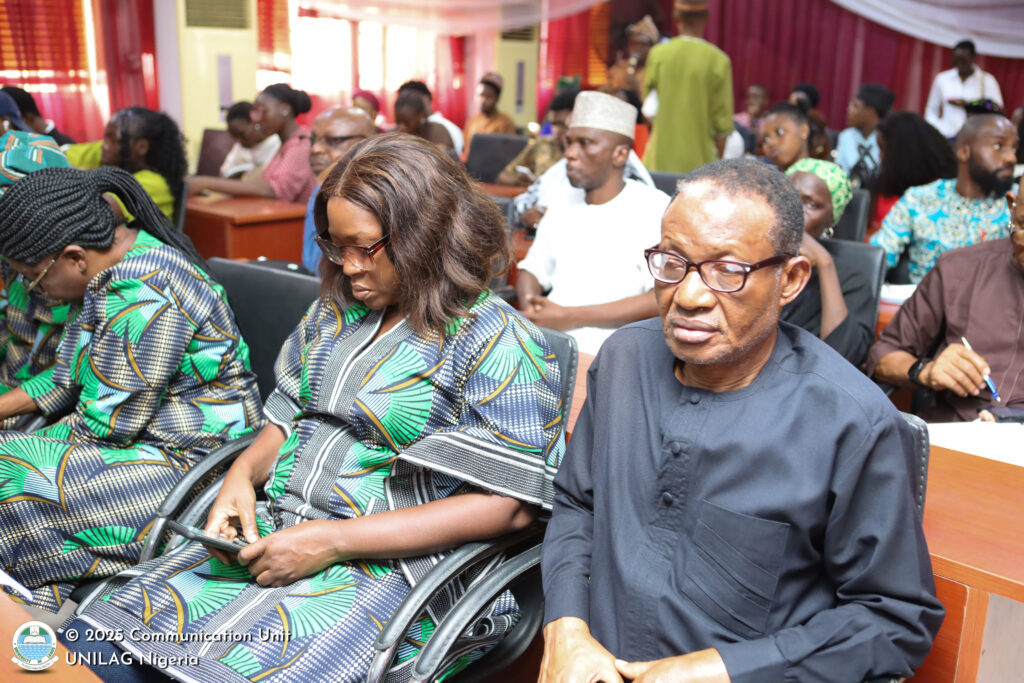
He emphasised that while artificial intelligence and digital technologies are reshaping the world, it is the Humanities that preserve the moral compass necessary to guide innovation toward equity and justice.
He proposed the creation of a Digital Humanities Innovation Hub at the Faculty of Arts, a space where technology will meet ethics, and where the arts continue to shape the conscience of society.
“If Science and Technology build the engines of society, the Humanities must give it direction. A society without the Humanities is a civilisation without a soul – and it is up to the Faculty of Arts, UNILAG to remind Nigeria of that.” he said.
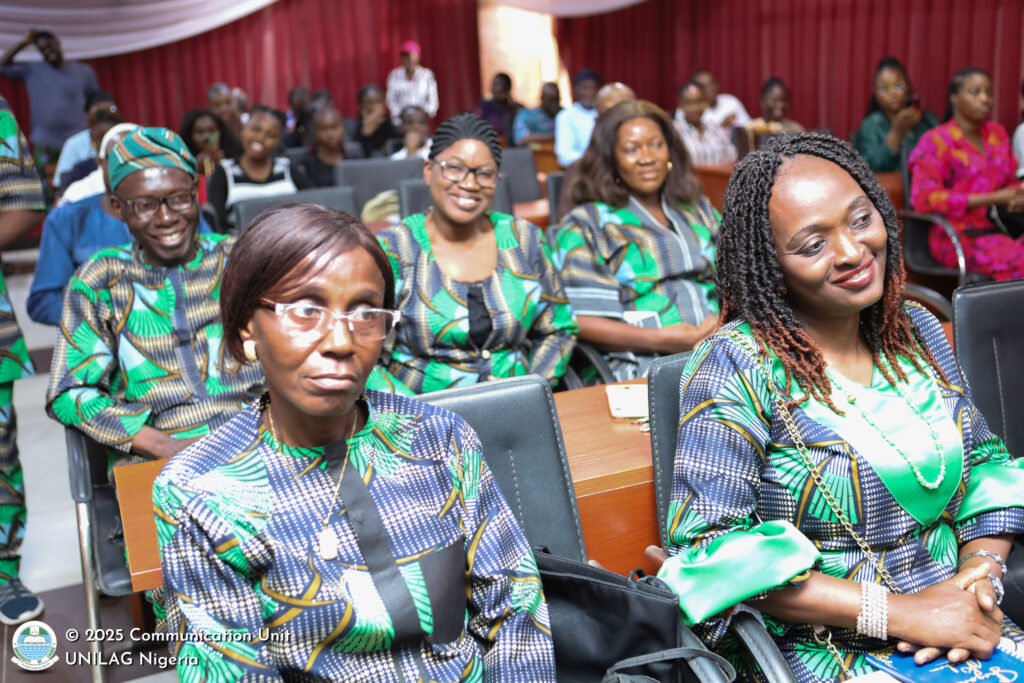
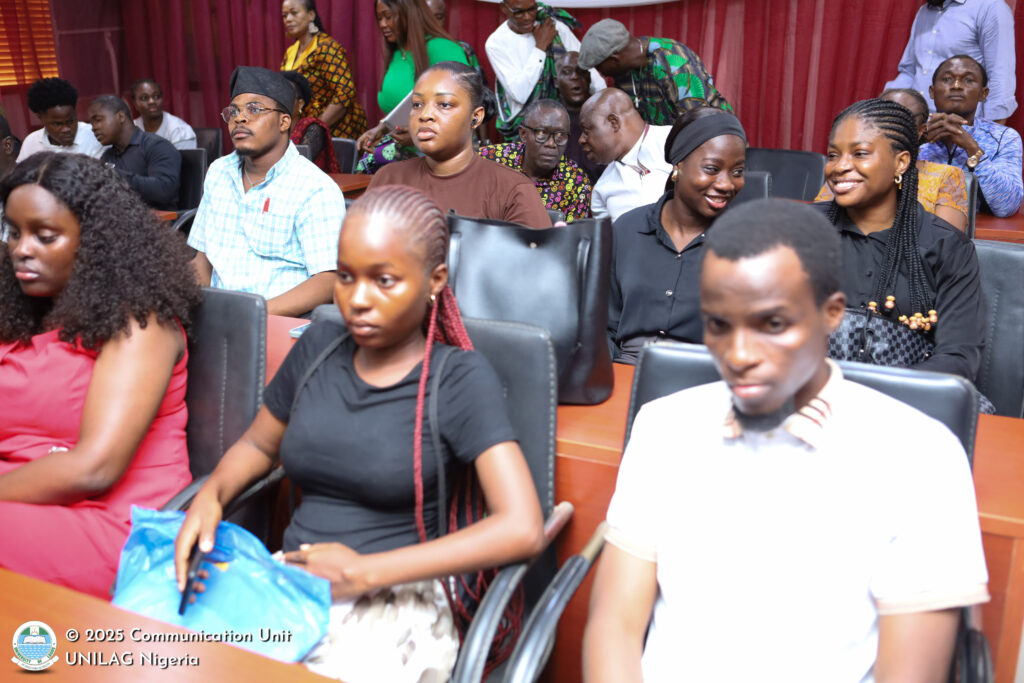
Panel & Interactions
A robust interactive session, preceded by an insightful panel discussion, followed the Keynote Address. On the panel were Prof. Augustine Nwagbara (English Department), Prof. J.G.N Onyekpe (History Department), Prof. Abayomi Akinyeye (History Department), Prof. Chidozie Okoro (Philosophy Department), and Prof. Oladipo Ajiboye (Department of Linguistics). They all made compelling submissions on the place of Humanities in the age of AI and how they can help society reground the technological advancement in humanity.
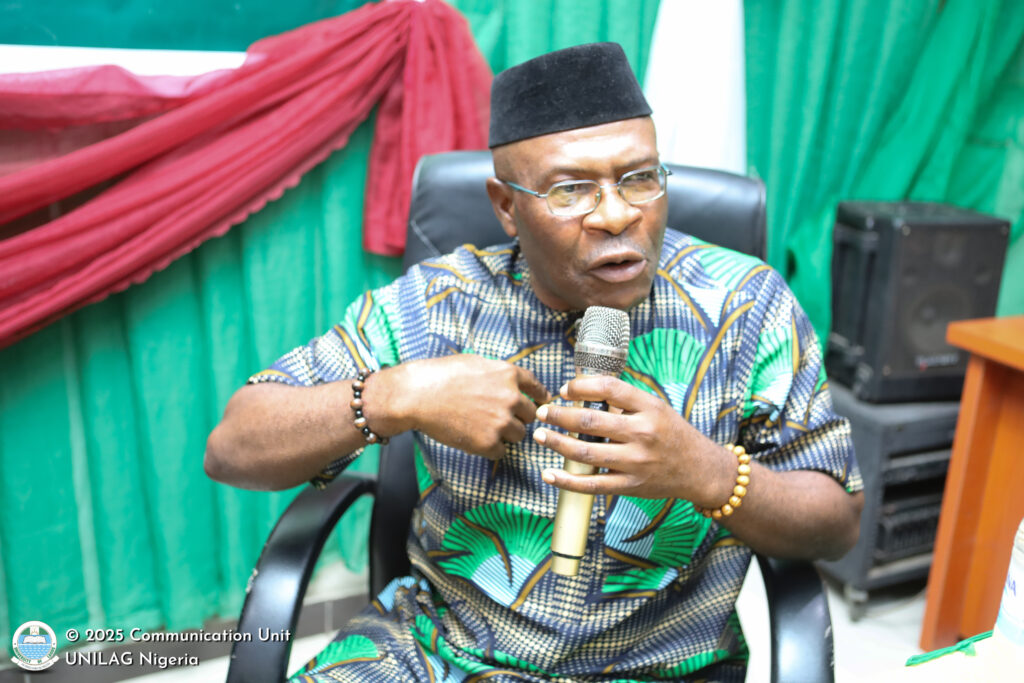
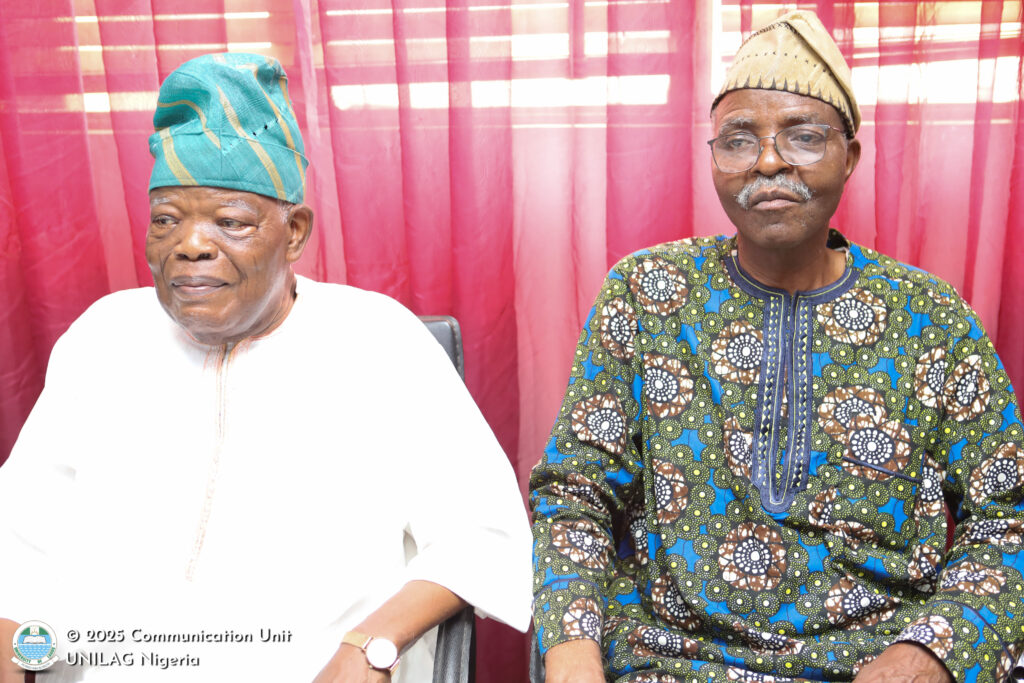
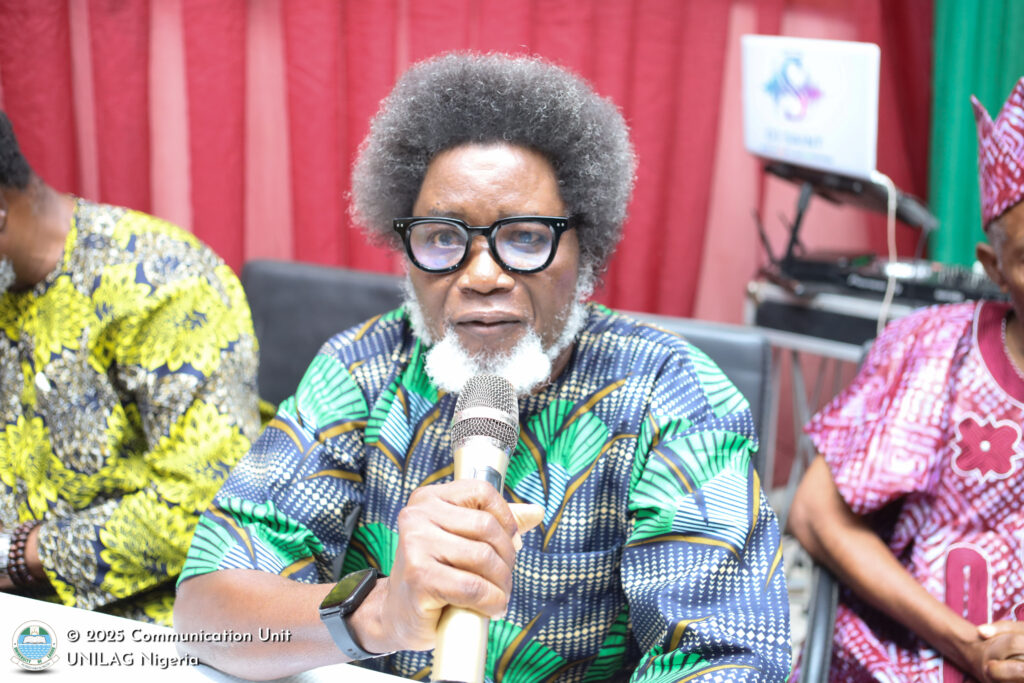
Members of the audience made spirited contributions, in the forms of questions and commentaries, which reflected the connection that the theme of the lecture and the keynote speaker’s delivery made with them.
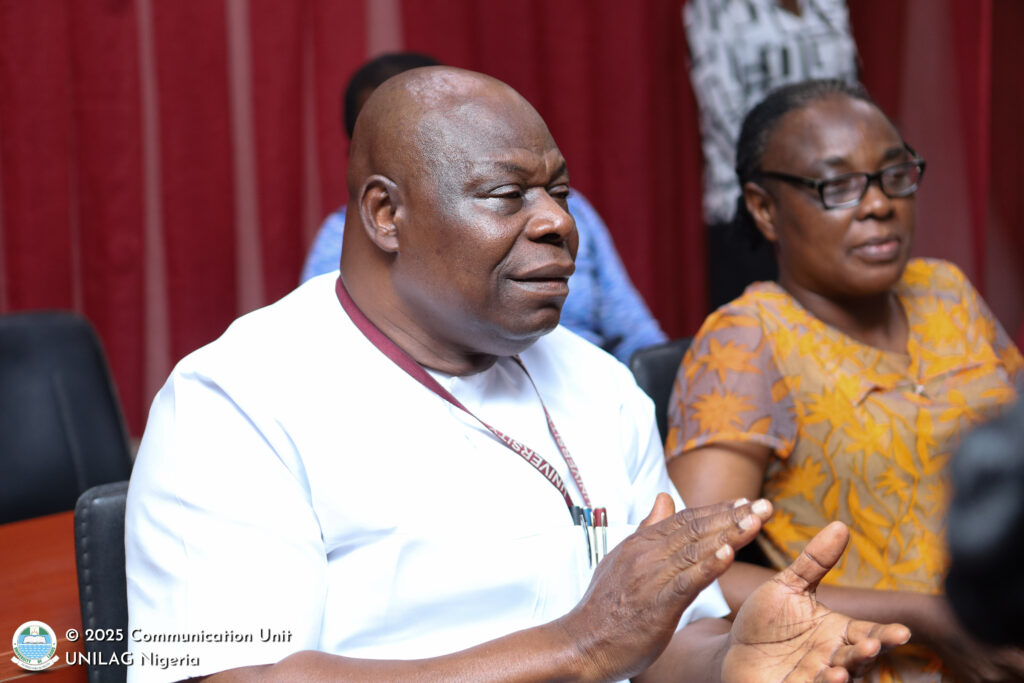
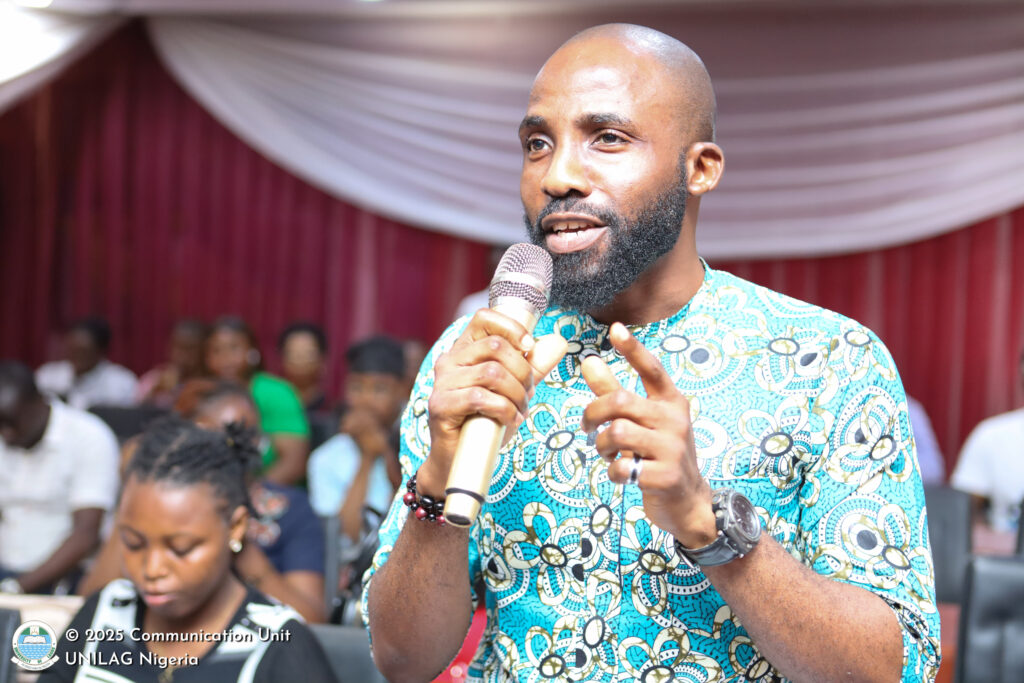
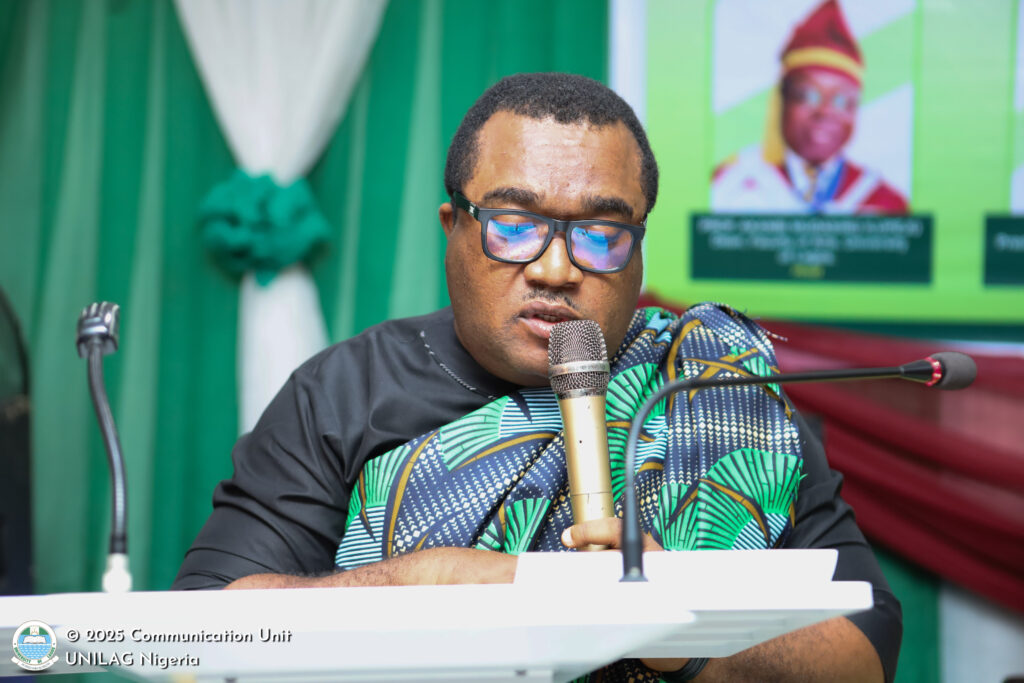
A celebration and a reflection
Earlier, in his opening remarks, Dean of the Faculty, Professor Akanbi Mudasiru Ilupeju, described the 60th anniversary as both a celebration and a call to reflection.
“This Faculty has always been the intellectual conscience of the University of Lagos, a crucible for critical thought and a sanctuary for creativity. Society need historians to provide context, philosophers to guide our ethics, and artists to inspire our souls,” he affirmed.
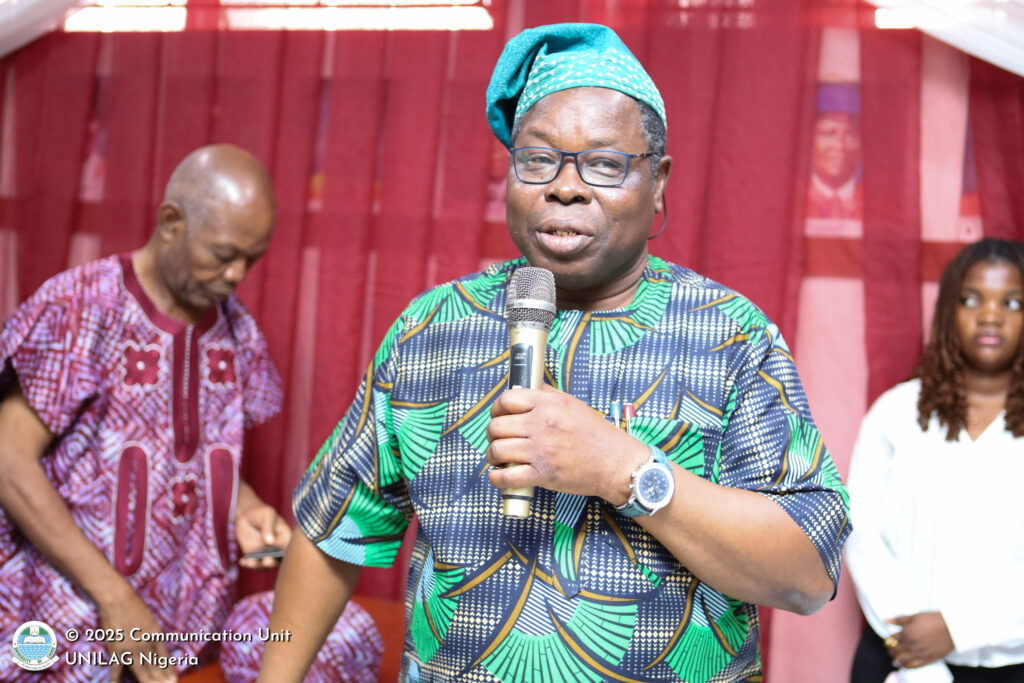
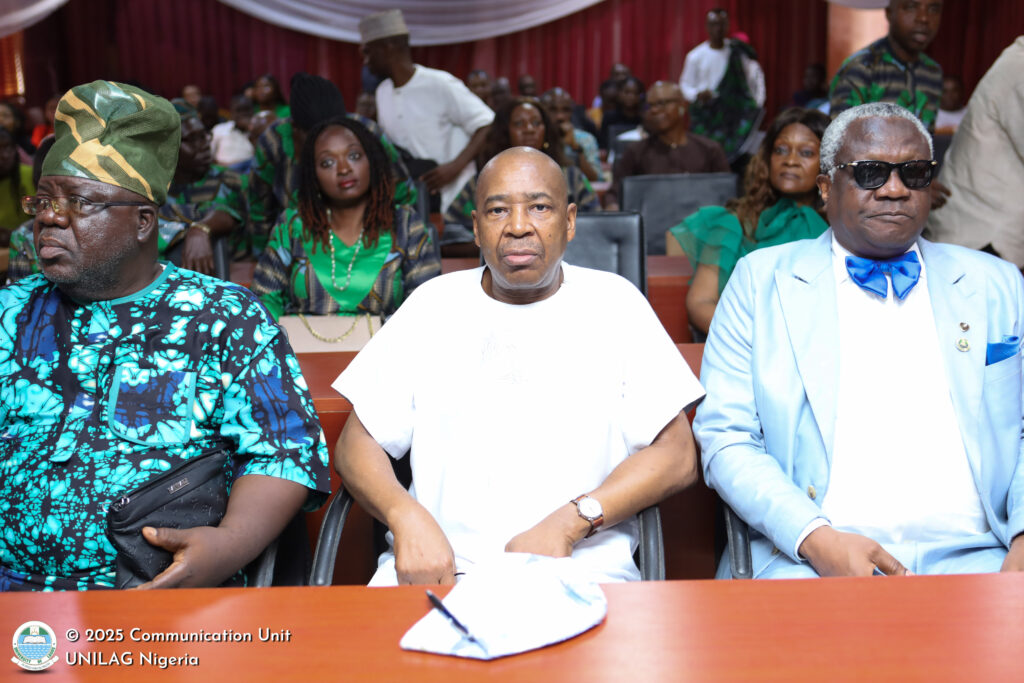
“Without the Humanities, there will be no humanity. Our contributions might not be tangible and visible to the eyes, as is the case for the Sciences and Technology, but they shape the inventions of Science and Technology.”
He continued: “Our society must reflect on its priorities. It is a painful reality that our society places premium on what it can see, but forgets that it those build the mind that actually sustain society.”
Profeessor Ilupeju affirmed the resolve of the UNILAG Faculty of Arts to keep evolving with the times, while keeping the advancement of society grounded in its humanity.
A grateful alumni
In his welcome address, President of the Faculty of Arts Alumni Association, Mr. Anthony Paul Emili, JP, commended the Faculty’s enduring influence in producing leaders across sectors and seized the opportunity to express their gratitude to the generations of staff who have worked to keep the faculty as “the lighthouse of the University of Lagos”. He called on the alumni of the Faculty of Arts to rededicate themselves to supporting their alma mater and contributing generously to the endowment fund established for it.
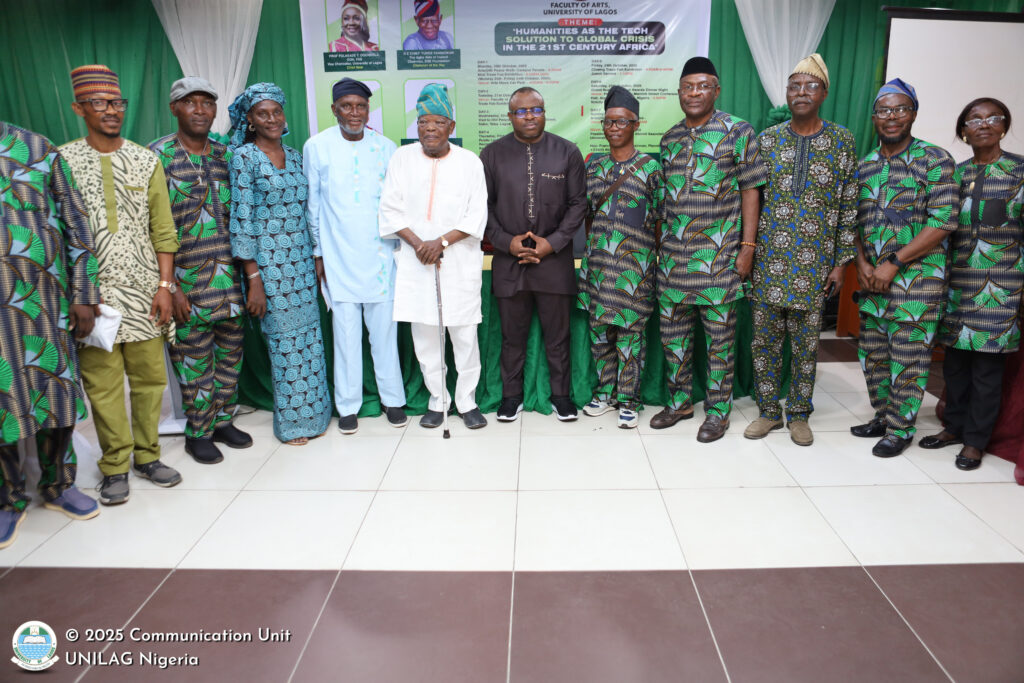
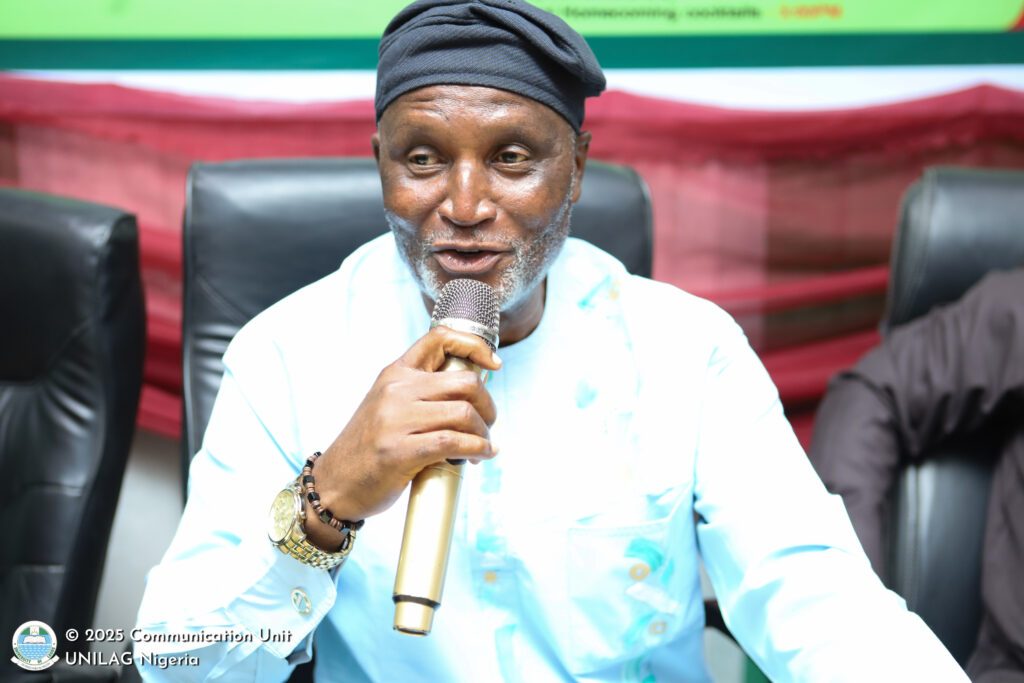
Chaired by a former Deputy Vice-Chancellor (Management Services) of the University of Lagos, Professor Duro Oni, the event also featured the official launch of a ₦500 million Faculty of Arts Endowment Trust Fund, a strategic initiative to support teaching, research, and infrastructure development. The former Dean of Arts also commended the alumni association for the initiative they have taken for the development of their alma mater, affirming his readiness to afford them the leverage of his network for the realisation of their noble objectives.
Emeritus Professor of History, A.I. Asiwaju, also graced the occasion with his presence.

Closing remarks
In his closing remarks, Chairman of the Planning Committee, Hon. Francis Shonubi, expressed appreciation to all alumni and partners for their commitment to advancing the Faculty’s legacy. He reaffirmed the collective resolve to sustain UNILAG’s position as a beacon of intellectual leadership and moral excellence in Africa.
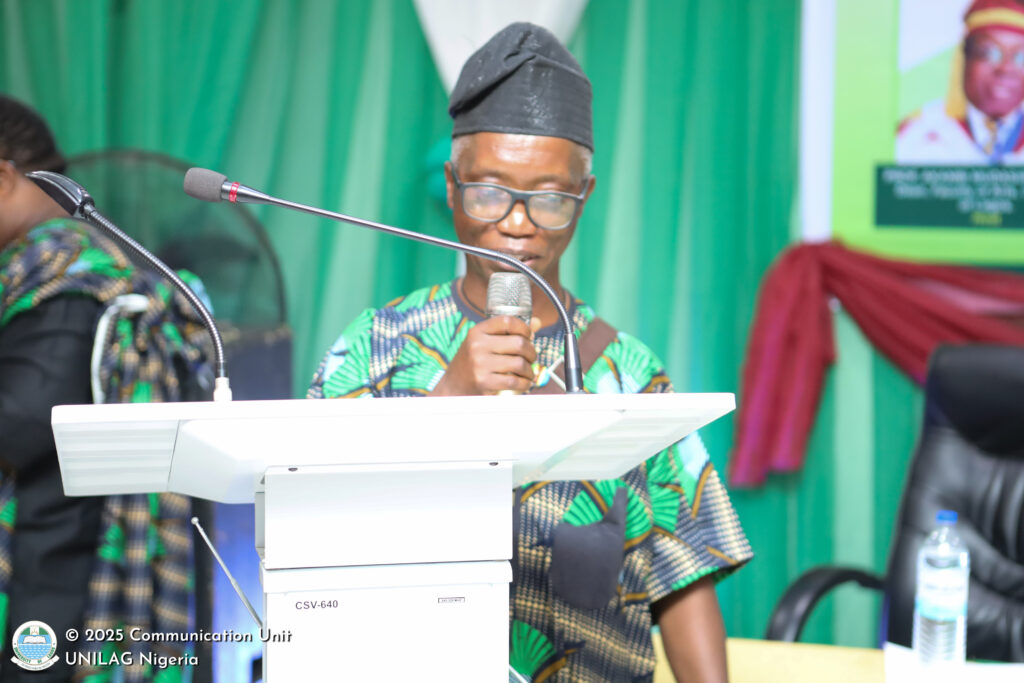
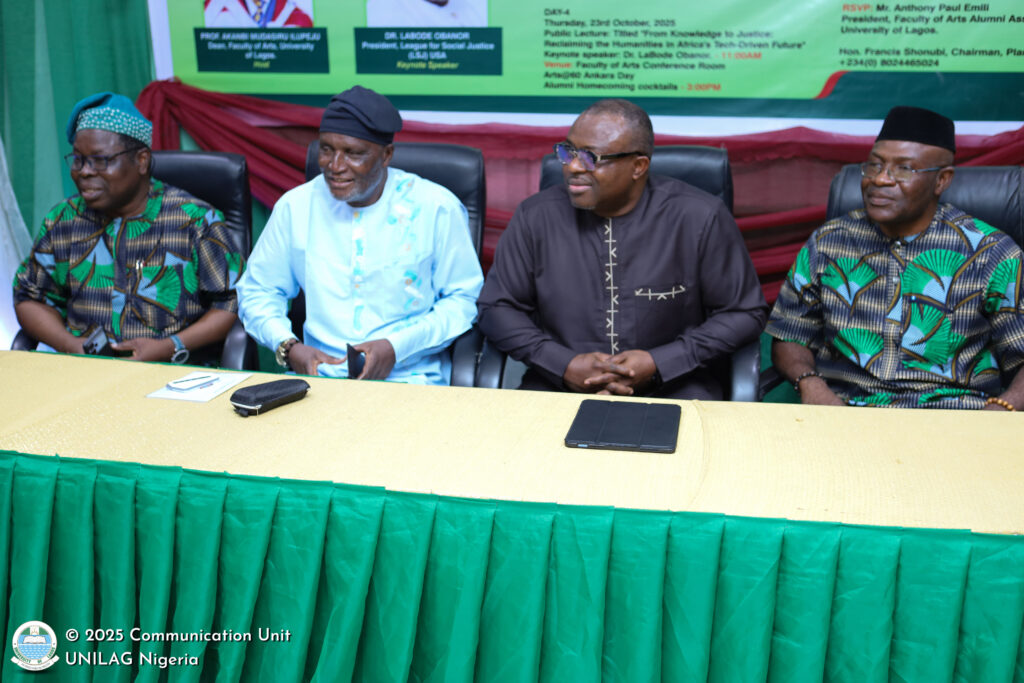
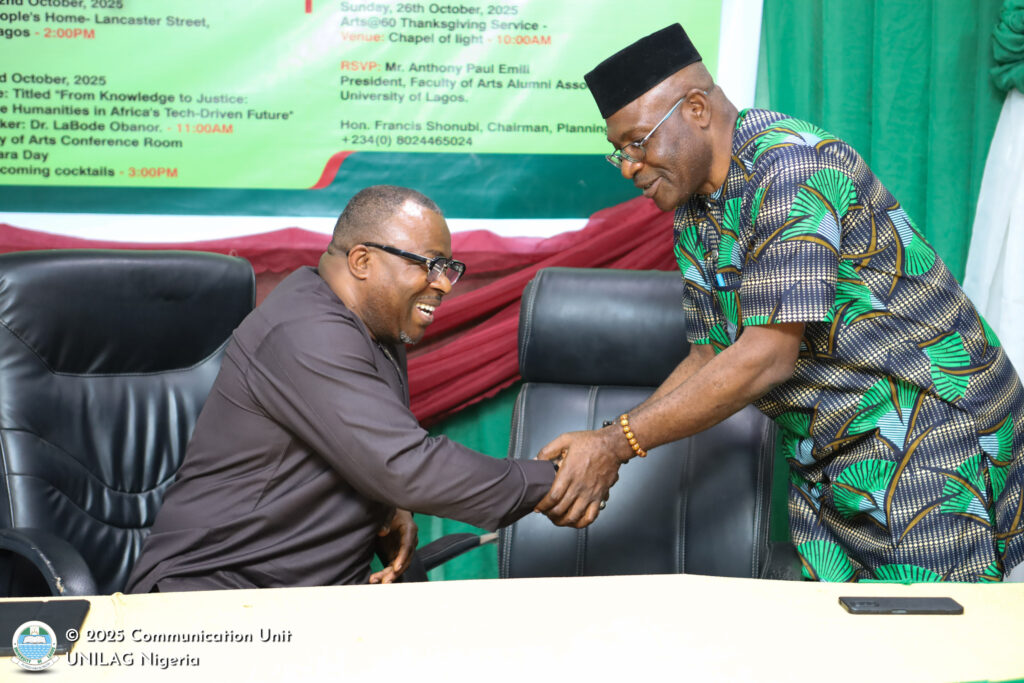
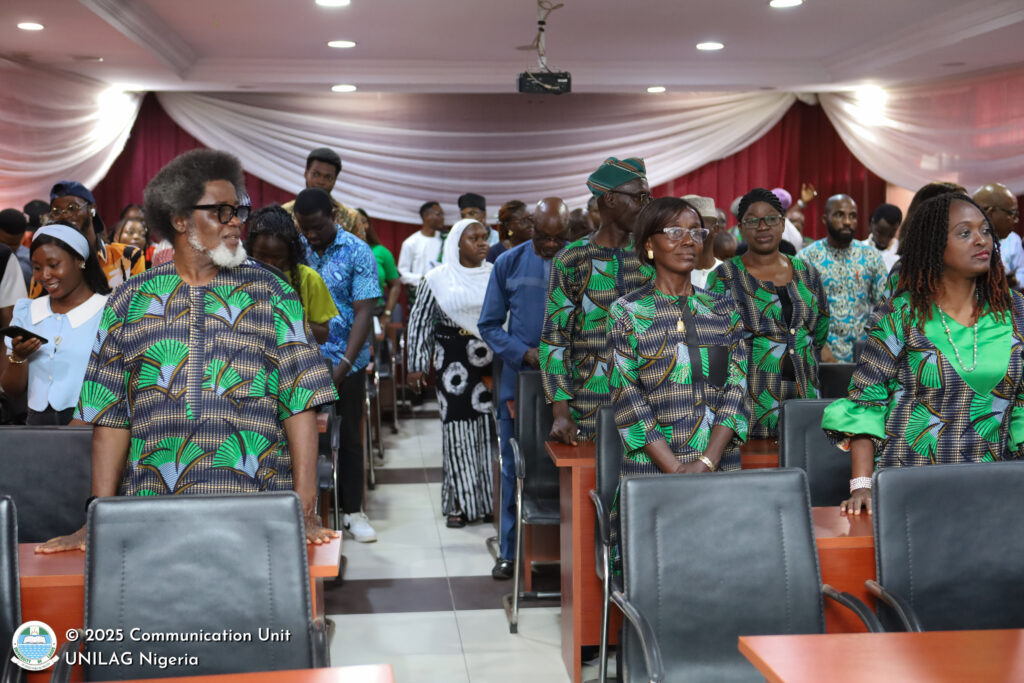
About the Faculty of Arts, UNILAG
Established as one of the University’s pioneering faculties, the Faculty of Arts has a storied legacy of distinction. Its building, commissioned in 1975, stands as a symbol of academic and cultural vitality. Notably, the Faculty produced the first PhD graduate of the University of Lagos, the illustrious Professor Wande Abimbola, who later became Vice-Chancellor of the then University of Ife (now Obafemi Awolowo University).
From Literature and Philosophy to Languages, History, and Creative Arts, the faculty has, over the decades, nurtured generations of thinkers, innovators, and nation-builders who have made remarkable contributions within and beyond Nigeria.
As the Faculty of Arts celebrates its diamond jubilee, it stands once again at the intersection of tradition and transformation, proving, as Dr. Obanor eloquently reminded, that the future of education depends not only on the brilliance of our minds but on the depth of our humanity.
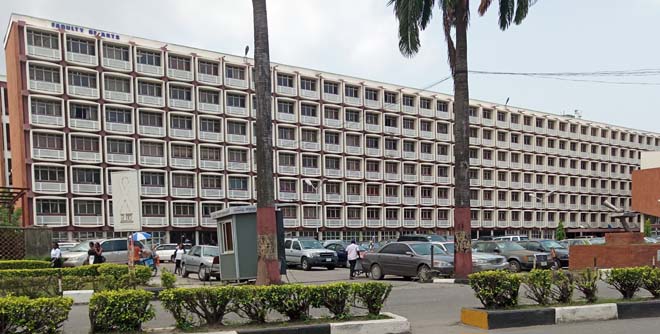
Report: Isaiah Kumuyi
Photography: Samuel Dosumu

